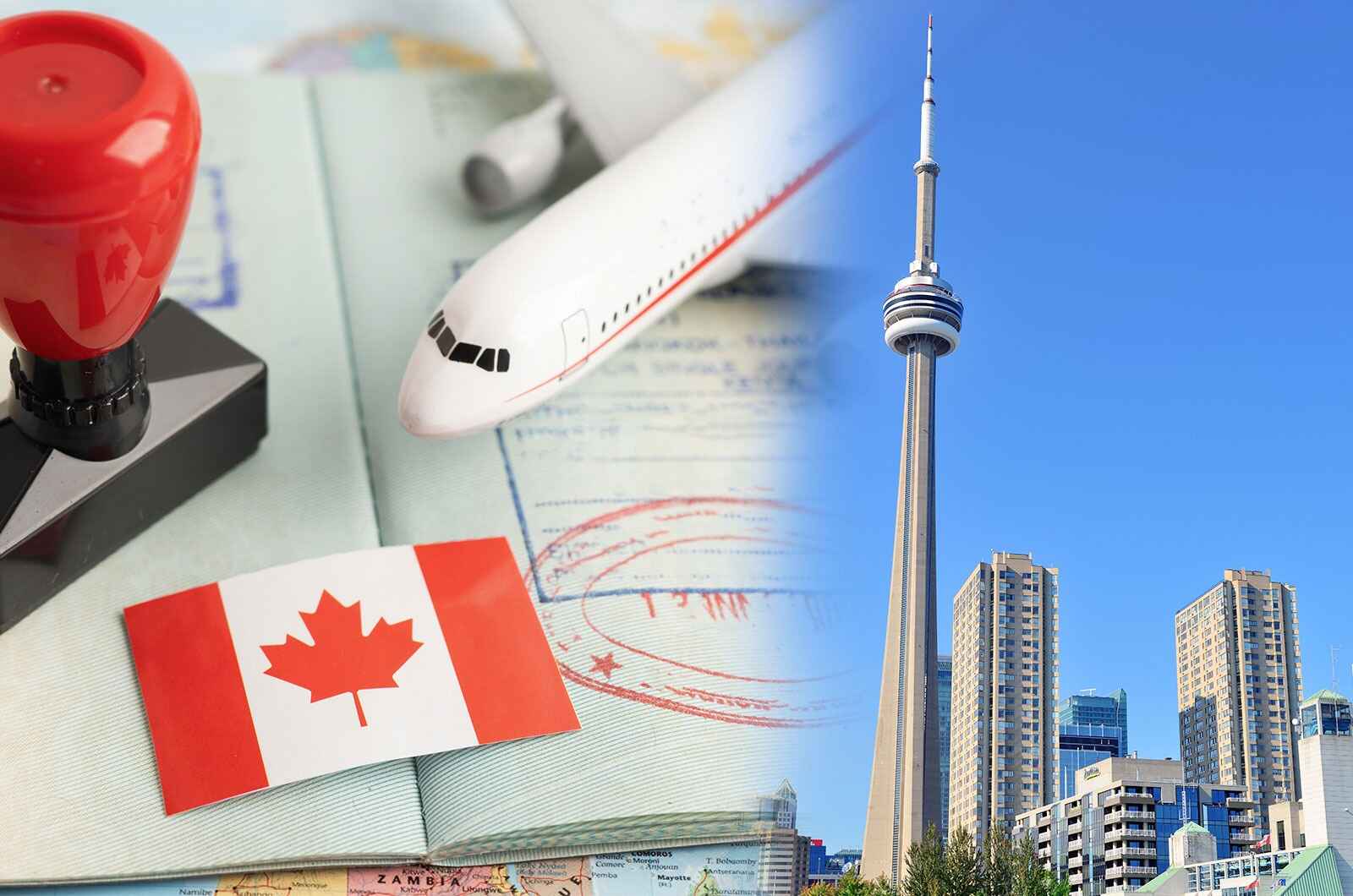One country has been highly active in improving its immigration service. Even though it is already one of the most preferred destinations for prospective international students and workers, its new policies hold the promise to fine-tune things further. However, these changes are difficult to digest for many as basic human nature is to resist change. This has resulted in the eruption of a lot of confusion and rumours.
To burn away the fog surrounding Canada’s immigration policies, ESS Global got into direct interaction with Scott Harper, Chief Revenue Officer of ApplyBoard, who offers an “artificial intelligence-based recruitment platform” helping students globally to pursue higher education overseas. ApplyBoard is a platform which is heaven for consultants to work on and explore all the institutes in Canada.
ApplyBoard is such a large platform and organisation. How do you ensure that it works effectively for consultants worldwide? We have access to a wide range of institutes and courses, which we then offer to students, making the counselling process both engaging and straightforward.
Going back for a moment, ApplyBoard was founded by three brothers who were international students and as they were going through that experience they were inspired, they thought there’s got to be a better way to provide access to information, insights, and streamline the processes for students, parents, and our recruitment partners. That was the genesis of the formation of this platform. Our objective is to be the best and the strongest platform to support student’s global mobility.
How we do it is through a tremendous amount of work we believe there’s always a better way. There is an opportunity to bring technology to significantly advance the efficiency and opportunity for students, recruitment partners, and institutions alike. We are determined to stay focused on leveraging technology to rapidly change and bring efficiency to this entire process and sector. We are excited about the direction we are headed, we believe what has been done manually in the past should be done autonomously and through systems and technology in the future. We have just launched Abby, our AI-powered auto attendant who is there for our partners to help provide immediate and instant access to the information and answer the questions they are looking for.
Technology is such a beautiful thing if you start partnering with it, the growth and the time which is taken with the use of technology is amazing. It can make things possible in a very short period and consultants are reaping benefits from it. ApplyBoard has been a blessing for immigration consultants in Chandigarh because it gives access to all that information on a single page rather than travelling or going to all the different websites of Canadian universities. ApplyBoard has become the closest thing to a one-stop shop or the single source of truth. One has access to information about 1500 institutions spanning five different countries, Canada, the US, the UK, Australia, and Ireland in one platform.
Talking about Canadian policy, as it is the number one destination for students: the sentiment has shifted a bit in the last few months. What do you think was the main reason for this change? Apart from ApplyBoard, as an individual Canadian, what do you think caused the shift in sentiment regarding students? The number of students going to Canada has declined, so what is your opinion on that?
Canada is built upon immigration, the social and economic growth status of Canada is dependent on immigrants. My parents are immigrants, when I look at the ApplyBoard family in Canada and the hundreds of people we employ in Canada most of them are immigrants or descendants of immigrants. I would say very recently we have seen some political or public pressure on immigration stemming from infrastructure most predominantly like housing.
What we are seeing right now in Canada is very similar to the other four big destinations that we serve. English destinations are going in an election year, it’s the first time that we have ever seen all five English-speaking destinations go through an election within 12 months. Canada’s political pressure is forcing the current government to take some significant action and quite frankly it is under a lot of pressure. The government is making very swift changes as a result of this pressure.
Some of the recent announcements have certainly impacted our demand. When we think about Canada and what matters to international students, it still ranks among the top three. This is due to factors like the cost of living, the ability to work while studying, access to post-study work opportunities, and both the visa process and future career prospects. When considering the permanent residency process, we believe Canada remains an incredibly attractive option.
Most people are reacting to the news that’s being circulated. Canada cannot thrive without net immigration, and we believe the country needs to maintain an intake of around half a million immigrants annually.
When the five categories were announced to extend PGWP, everybody was saying we may not get job offers. We have these generic programmes that people who study and end up having low-paying jobs. The talk of the town is that something big is coming and it will change the job market. When Canada gave those five categories options, it was mentioned that you would be given a post-graduate work permit if you graduate from one of these programmes. It is a magical lamp which is given to students. Those are the programmes which are actually in demand not only in Canada but all over the globe. We had a lot of conversations about STEM in the last podcast with one of the US universities last week.
Also Read: Drake University Representative Shares Insights on Pursuing the US Study Dream
The SDS programme, which consultants have been operating since 2018, is being abolished. What is your take on that? Is it a positive change from a student’s perspective, and of course, from a consultant’s perspective as well? If you could share your thoughts on this.
To answer this question, I’d like to go back and build on something you mentioned and offer my perspective. At ApplyBoard, our number one mission and passion is student success. When I reflect on what has happened in Canada, we are constantly working to align supply with demand. We approach this from the student’s perspective, but we also take a broader view, focusing on how we match the supply of opportunities with the demand. Ultimately, when we get this balance right, the student wins.
We have certainly been encouraging the Canadian government over the years to consider modifications to the post-graduate work permit that would better align supply and opportunity with demand. This means focusing on areas where there is significant job demand. To your point, I genuinely believe that in the long term, these changes to the post-graduate work permit will benefit students. They will better match student demand with available opportunities in Canada, helping students succeed in their studies and ultimately secure strong jobs with good salaries. I believe this is the right move and the right direction for the long term, and when students benefit, we all benefit.
You know changes are never welcome in a first score, changes are first uncomfortable and once you get used to that thing then you start enjoying that change because then you realise this happened for a reason. Every country has the right to change its policy because it is its country but at the same time, it has to be a win-win situation for both parties. For the last four years, it was a student who was ruling, it can be a full-time work allowance during COVID and post-COVID, or it can be an extension of PGWP.
When the changes were introduced, students were left with the feeling that something had been taken away, even though it was originally offered as a bonus. It was never part of the student visa conditions that such a change could happen. Now, it’s the student’s responsibility to return to the basic structure and start working within it.
The second part of the question is, with SDS going away, do you think this is a good sign? Now, students have the option not to pay the GIC, which was almost 12 lakh rupees or CAD 20,000. Will this make it a more affordable option?
Canada has seen incredibly strong international student growth from countries like Nepal, Bangladesh, Sri Lanka, and others, where there was no SDS stream. Over the last five years, each of these countries has experienced a tenfold increase in student numbers, from hundreds to thousands. For example, Sri Lanka went from 400 study permits six years ago to 5,000 today, and Nepal is nearing 7,000.
It’s important to note that SDS wasn’t required in these countries, as they never had it. As for why Canada is making this change, I haven’t fully internalised the reasoning yet. However, I believe the impact on students is that it will help level the playing field for all applicants, regardless of their country of origin.
This change could benefit students by allowing them to apply more quickly, as they may not have to go through the burden of securing GICs and meeting those financial requirements upfront as they did with SDS. Ultimately, we will still need to ensure that students have a strong financial position for the visa process, but they won’t have to secure the GIC immediately to apply.


